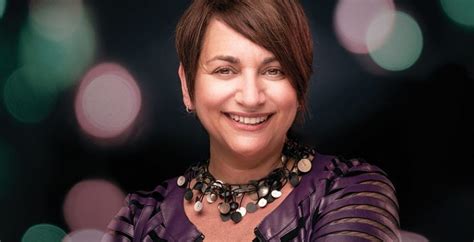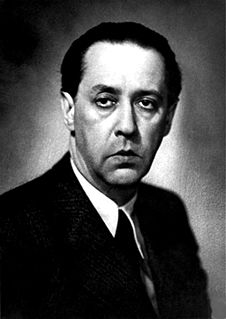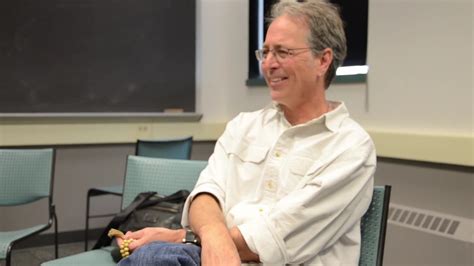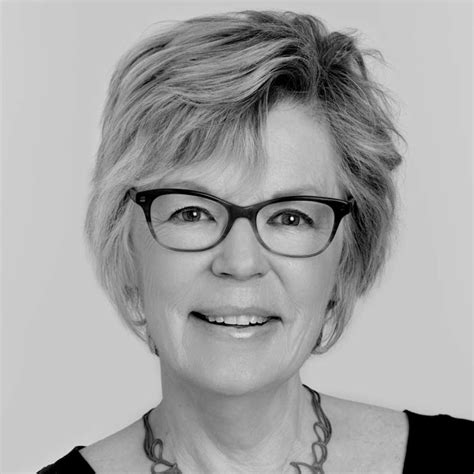A Quote by Paul Nurse
Like many students, I found the drudgery of real experiments and the slowness of progress a complete shock, and at my low points I contemplated other alternative careers including study of the philosophy or sociology of science.
Related Quotes
So many people imagine housekeeping to be boring, frustrating, repetitive, unintelligent drudgery. I cannot agree. In fact, having kept house, practiced law, taught, and done many other sorts of work, low and high-paid, I can assure you that it is actually lawyers who are most familiar with the experience of unintelligent drudgery.
The way forward does not lie in amateur and comically timeless linguistic sociology which takes 'forms of life ' for granted (and this is what philosophy has been recently), but in the systematic study of forms of life which does not take them for granted at all. It hardly matters whether such an inquiry is called philosophy or sociology.
The most successful teachers in low-income communities operate like successful leaders. They establish a vision of where their students will be performing at the end of the year that many believe to be unrealistic. They invest their students in working harder than they ever have to reach that vision, maximise their classroom time in a goal-oriented manner through purposeful planning and effective execution, reflect constantly on their progress to improve their performance over time, and do whatever it takes to overcome the many challenges they face.
I have tried to read philosophers of all ages and have found many illuminating ideas but no steady progress toward deeper knowledge and understanding. Science, however, gives me the feeling of steady progress: I am convinced that theoretical physics is actual philosophy. It has revolutionized fundamental concepts, e.g., about space and time (relativity), about causality (quantum theory), and about substance and matter (atomistics), and it has taught us new methods of thinking (complementarity) which are applicable far beyond physics.
The limitations of federal laws are able to create real progress at the local level. Ultimately, to effect not just incremental progress but progress that is transformational for students, we need committed leadership - people who believe deeply that their students can achieve at the highest levels and who know how to create the conditions at the classroom, school and system level to give them the opportunities they deserve.
It is known to all persons who are conversant in experimental philosophy, that there are many little attentions and precautions necessary to be observed in the conducting of experiments, which cannot well be described in words, but which it is needless to describe, since practice will necessarily suggest them; though, like all other arts in which the hands and fingers are made use of, it is only much practice that can enable a person to go through complex experiments, of this or any kind, with ease and readiness.
As in Mathematicks, so in Natural Philosophy, the Investigation of difficult Things by the Method of Analysis, ought ever to precede the Method of Composition. This Analysis consists in making Experiments and Observations, and in drawing general Conclusions from them by Induction, and admitting of no Objections against the Conclusions, but such as are taken from Experiments, or other certain Truths. For Hypotheses are not to be regarded in experimental Philosophy.
Given the ... multidisciplinary philosophy, I was surprised by the absence of alternative pain approaches - the whole spectrum of cranial-sacral massage, healing-touch therapy, and other hands-on skills that are a lifeline to many people with chronic pain. Alternative therapie are hard to evaluate, but that's no reason not to explore them.



































